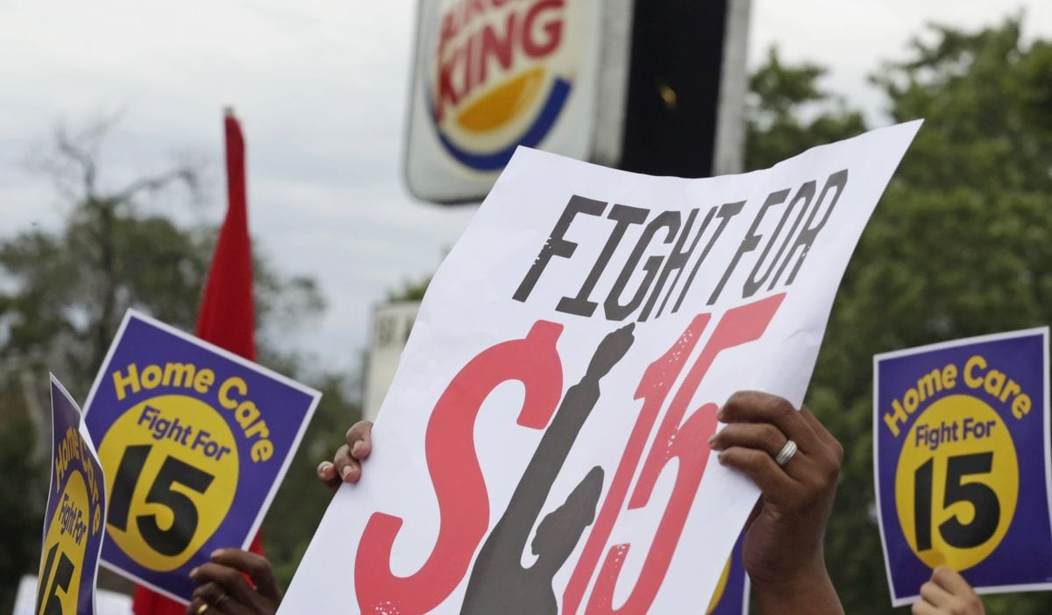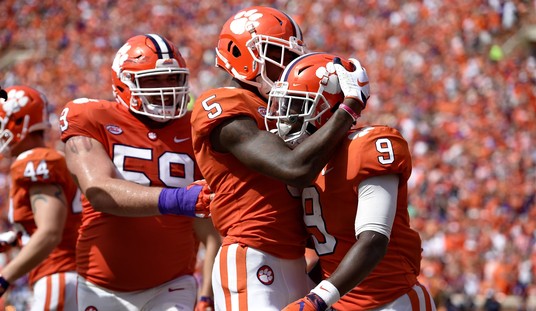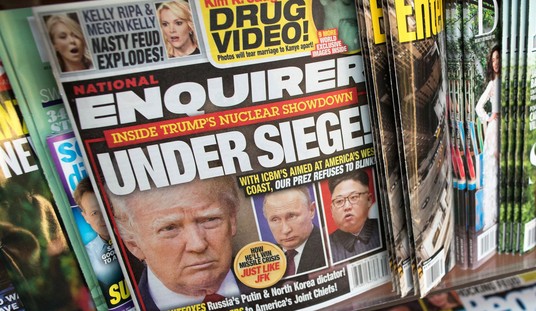A study by a group of economists at the University of Washington commissioned by the city of Seattle looked at the effects on low-wage workers of the $15-an-hour minimum wage law passed in 2014 and found some disturbing — but entirely predictable — results.
Low-wage workers are earning less, working fewer hours, and finding fewer opportunities at the bottom rung of the work force.
The study delivers blow after blow to liberal fantasies about divorcing the cost of labor from the cost of production.
The city is gradually increasing the hourly minimum to $15 over several years. Already, though, some employers have not been able to afford the increased minimums. They’ve cut their payrolls, putting off new hiring, reducing hours or letting their workers go, the study found.
The costs to low-wage workers in Seattle outweighed the benefits by a ratio of three to one, according to the study, conducted by a group of economists at the University of Washington who were commissioned by the city. The study, published as a working paper Monday by the National Bureau of Economic Research, has not yet been peer reviewed.
On the whole, the study estimates, the average low-wage worker in the city lost $125 a month because of the hike in the minimum.
The paper’s conclusions contradict years of research on the minimum wage. Many past studies, by contrast, have found that the benefits of increases for low-wage workers exceed the costs in terms of reduced employment — often by a factor of four or five to one.
“This strikes me as a study that is likely to influence people,” said David Autor, an economist at the Massachusetts Institute of Technology who was not involved in the research. He called the work “very credible” and “sufficiently compelling in its design and statistical power that it can change minds.”
Yet the study will not put an end to the dispute. Experts cautioned that the effects of the minimum wage may vary according to the industries dominant in the cities where they are implemented along with overall economic conditions in the country as a whole.
And critics of the research pointed out what they saw as serious shortcomings. In particular, to avoid confusing establishments that were subject to the minimum with those that were not, the authors did not include large employers with locations both inside and outside of Seattle in their calculations. Skeptics argued that omission could explain the unusual results.
The study taken alone is intriguing but not necessarily definitive. However, there have been other indications that the $15 minimum wage has had horrible effects on business, including a higher rate of restaurant closings in the city. And there are many indications that the higher wage is reducing employment.
And the one measurement that can’t be taken is how many businesses that would potentially employ low-wage workers never open in the first place — at least, in Seattle.
Obviously, other cities that have enacted or want to enact the higher wage are watching Seattle closely. But the people who should be paying attention the most are the fast food and other workers demanding the higher wage. Every time from here on out that you’re in the streets doing the bidding of organized labor, you are demonstrating to be thrown out of a job.
Oh, the costs of social justice, eh?









Join the conversation as a VIP Member